Now Available: “Understanding the Science Behind Climate Smart Agriculture in California: A comprehensive literature review”
Caff
APRIL 15, 2024
Photo Credit Bonnie Veblen As part of CAFF’s Ecological Farming Program , we collaborate with farmers to implement and better understand ecologically-based farming practices, which include climate smart farming and soil health practices.


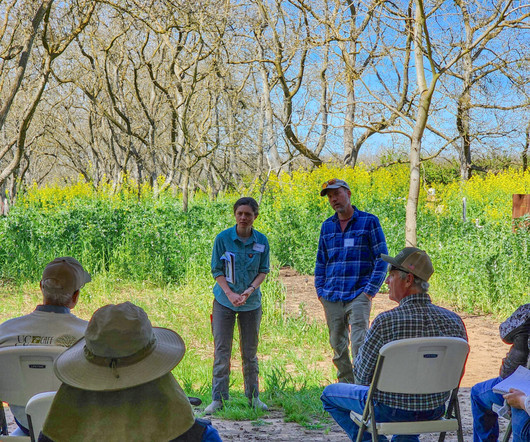
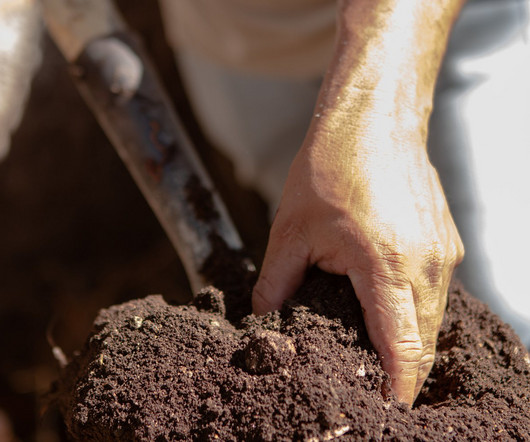

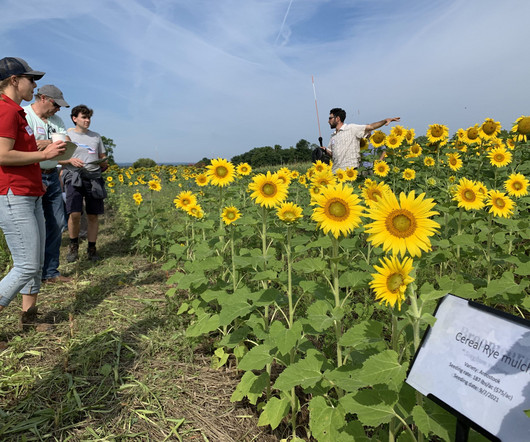
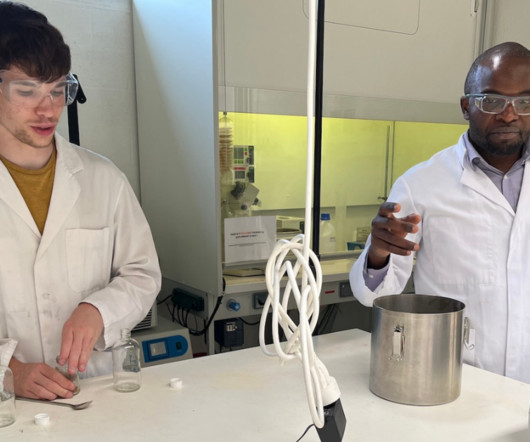
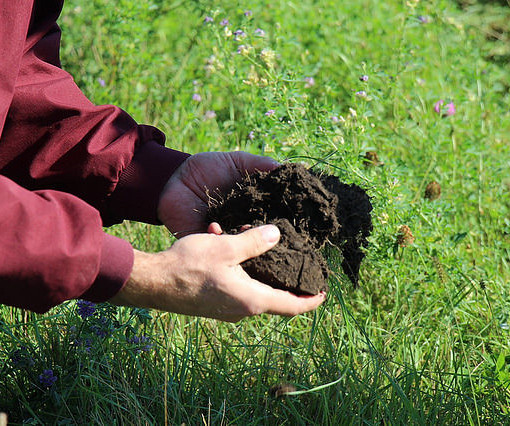
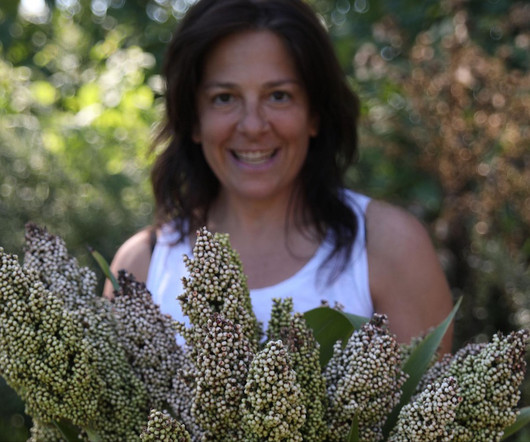
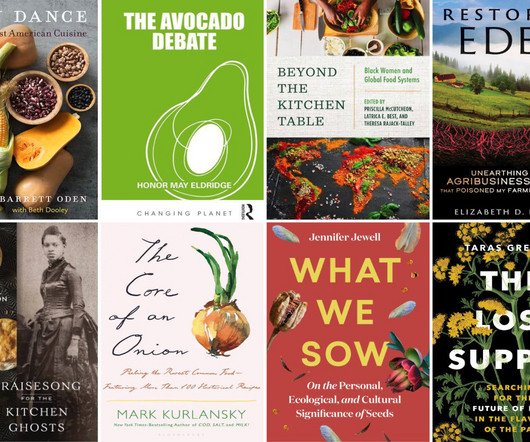









Let's personalize your content